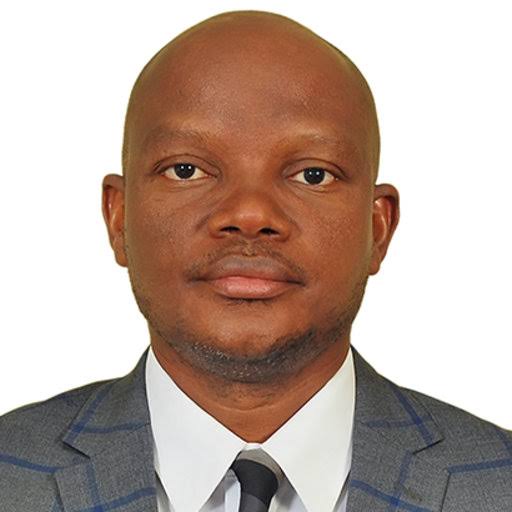The Torch of University Autonomy and Academic Freedom: A New Era for ASUU
The Academic Staff Union of Universities (ASUU) in Nigeria stands at a critical juncture, with a new leader inheriting the mantle of advocacy for improved conditions within the nation’s universities. Professor Christopher Piwuna, the 14th National President of ASUU, has unequivocally declared his commitment to upholding the union’s core principles of university autonomy, academic freedom, and the creation of a conducive environment for academic staff. This declaration came during a reception held for his predecessor, Professor Emmanuel Osodeke, at Michael Okpara University of Agriculture, Umudike (MOUAU). Professor Piwuna’s resolute stance signals a continuation of ASUU’s longstanding struggle for a better educational system in Nigeria. While acknowledging the strike as a necessary tool, he expressed hope that dialogue and adherence to agreements would preclude the need for further industrial action.
Professor Osodeke’s tenure as ASUU President was marked by significant challenges and notable achievements. He recounted the arduous battles fought during the Buhari administration, particularly highlighting the contentious relationship with former Labour Minister Chris Ngige, whom he accused of creating confusion and potentially jeopardizing the education system. Osodeke emphasized ASUU’s resilience in the face of these challenges and credited the union’s efforts with preventing the collapse of public universities, drawing a parallel to the demise of other public institutions like Nigerian Airways and the refineries. He cited the removal of universities from the Integrated Payroll and Personnel Information System (IPPIS) and the securing of full retirement pay for professors as key victories achieved under his leadership.
The issue of “japa,” the exodus of Nigerian academics to foreign institutions, was a recurring theme. Professor Osodeke directly linked this brain drain to the poor treatment of university lecturers, highlighting the allure of better opportunities and working conditions in countries like the United States, Europe, and Saudi Arabia. This exodus underscores the urgency of addressing the underlying issues that drive talented academics away from Nigerian universities, posing a significant threat to the future of higher education in the country. The reception also provided a platform for local ASUU leadership at MOUAU to express their views. Chairperson Chike Ugwuene commended Osodeke’s leadership and highlighted the improved relationship between the union and the university management, while emphasizing their continued commitment to advocating for their rights and the betterment of society.
The event, hosted by MOUAU, served as both a farewell to the past president and a welcoming of the new. The Vice-Chancellor, Professor Maduebibisi Iwe, represented by Deputy Vice-Chancellor (Academics) Professor Nneoma Obasi, expressed pride in Osodeke’s contributions and reaffirmed MOUAU’s support during his tenure. The presence of high-profile figures like Pro-Chancellor Felix Edeh, representing President Bola Ahmed, and former ASUU President Isa Nasir Fagee, who chaired the occasion, underscored the significance of the event and the importance of ASUU’s role within the broader Nigerian educational landscape.
Professor Piwuna’s commitment to sustaining the fight for university autonomy and academic freedom signifies a continuity of purpose within ASUU. His acknowledgment of the strike as a last resort, while emphasizing the importance of dialogue and government adherence to agreements, suggests a pragmatic approach to achieving the union’s objectives. The challenges faced by Nigerian universities, including the brain drain fueled by poor treatment of lecturers, remain significant. ASUU’s ongoing advocacy, under its new leadership, will be crucial in addressing these challenges and ensuring the vitality of higher education in Nigeria.
The future of Nigerian universities hinges on a collaborative effort between the government, university management, and academic staff. ASUU’s advocacy for better conditions and academic freedom is not merely a fight for the benefit of lecturers, but rather a crucial investment in the future of the nation. The quality of education offered by public universities directly impacts the development of human capital and the overall progress of Nigeria. Addressing the issues raised by ASUU, including fair compensation, improved infrastructure, and greater autonomy, is essential to attracting and retaining talented academics, stemming the tide of “japa,” and ensuring that Nigerian universities can fulfill their vital role in national development.


